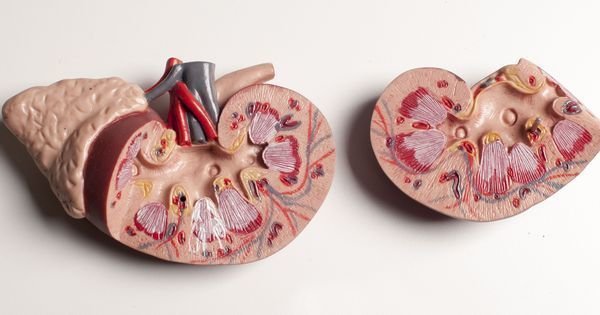Your kidneys are an essential part of your body’s functioning, playing a vital role in removing waste and extra fluids from the body, as well as controlling blood pressure. Therefore, it is important to be aware of their status, just like your cholesterol and blood pressure numbers. Chronic kidney disease (CKD) is a condition where the kidneys are damaged and cannot filter blood as they should. Diabetes is a leading cause of CKD, with almost half of all people with diabetes also suffering from CKD. Unfortunately, the disease is underdiagnosed in India, with estimates suggesting that one in eight Indians experience the chronic condition.
According to Dr. Sunita Kapoor, Director and Consultant Pathologist at City Xray & Scan Clinic Pvt. Ltd., people often do not realize they have CKD until their kidneys have already failed. Therefore, it is crucial to know your kidney numbers, specifically the estimated Glomerular Filtration Rate (eGFR) and urine Albumin-Creatinine Ratio (ACR).
The eGFR measures how well your kidneys clean blood, and the uACR tests for a protein called albumin in your urine, which may indicate kidney damage. The eGFR is more accurate than serum creatinine alone, which is affected by factors like age, sex, race, and muscle mass. The ACR test determines how much albumin passes into your urine over 24 hours, and a result of 30 or above may suggest kidney disease.
Your doctor will also consider your medical history and other lab and imaging tests, like an ultrasound or CT scan, to confirm or rule out CKD. It is essential to monitor your kidney function yearly, especially if you have type 1 or type 2 diabetes, to diagnose and monitor kidney damage. More frequent monitoring may be necessary for patients with changing clinical status or after therapeutic interventions.
